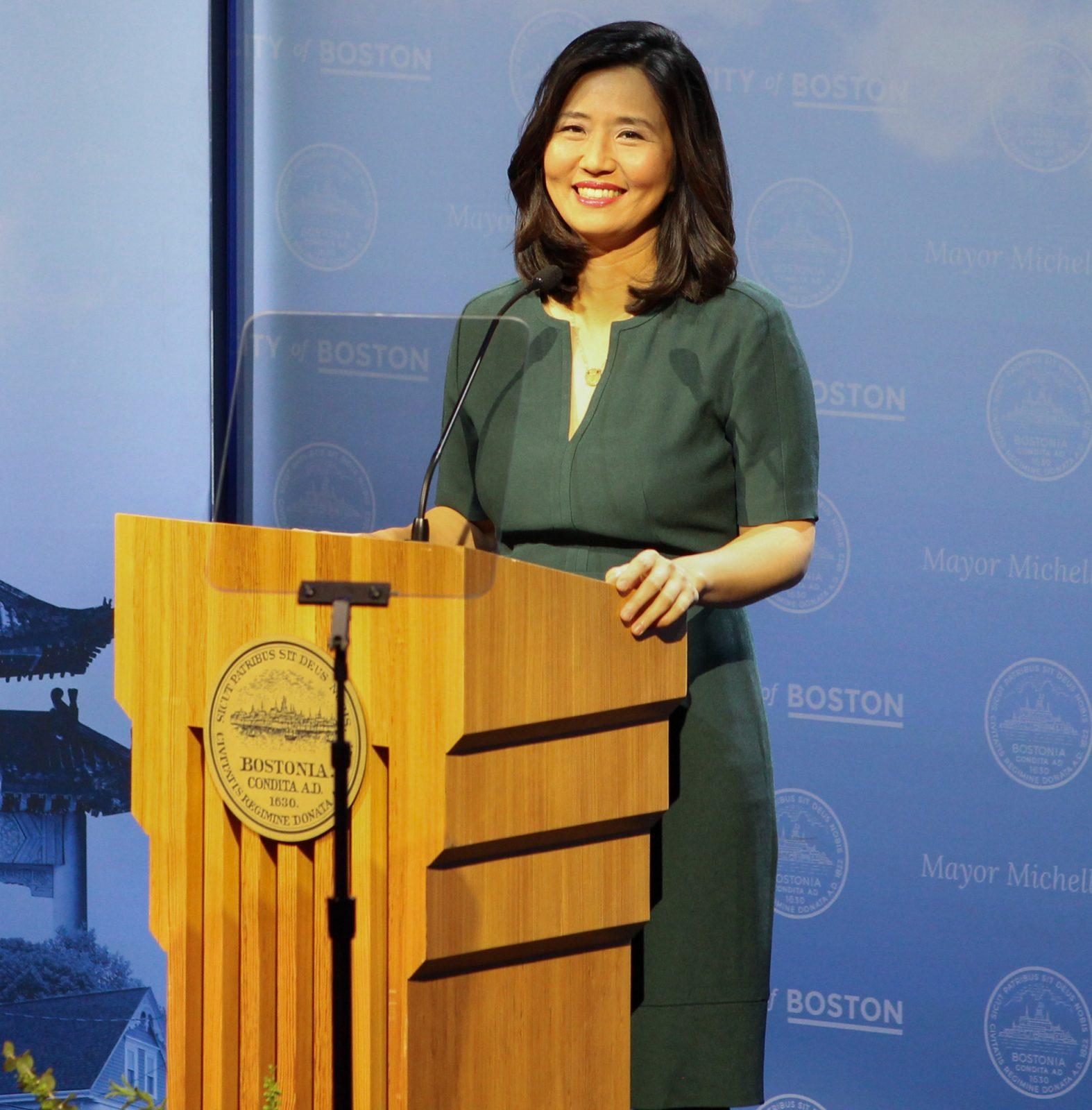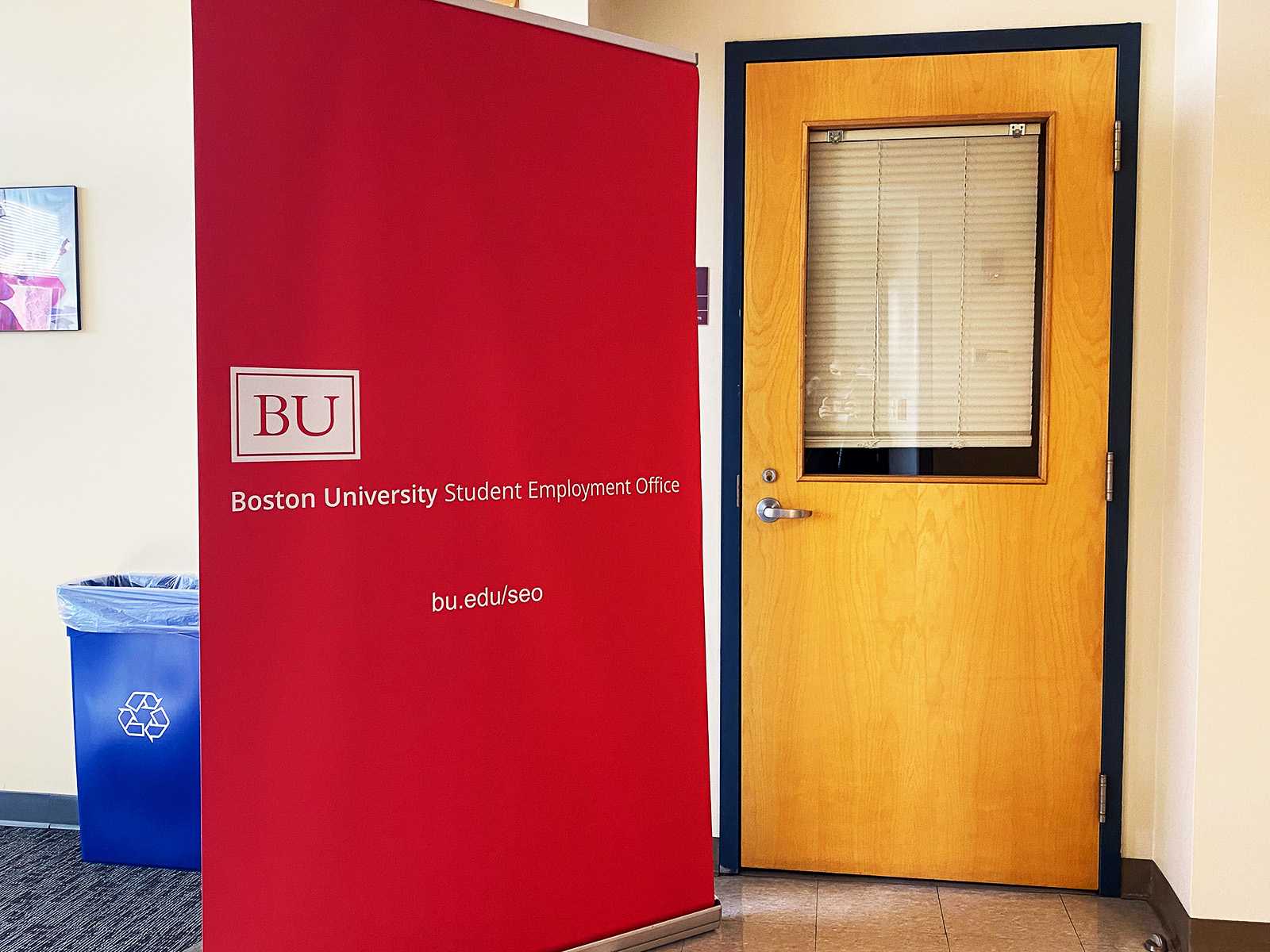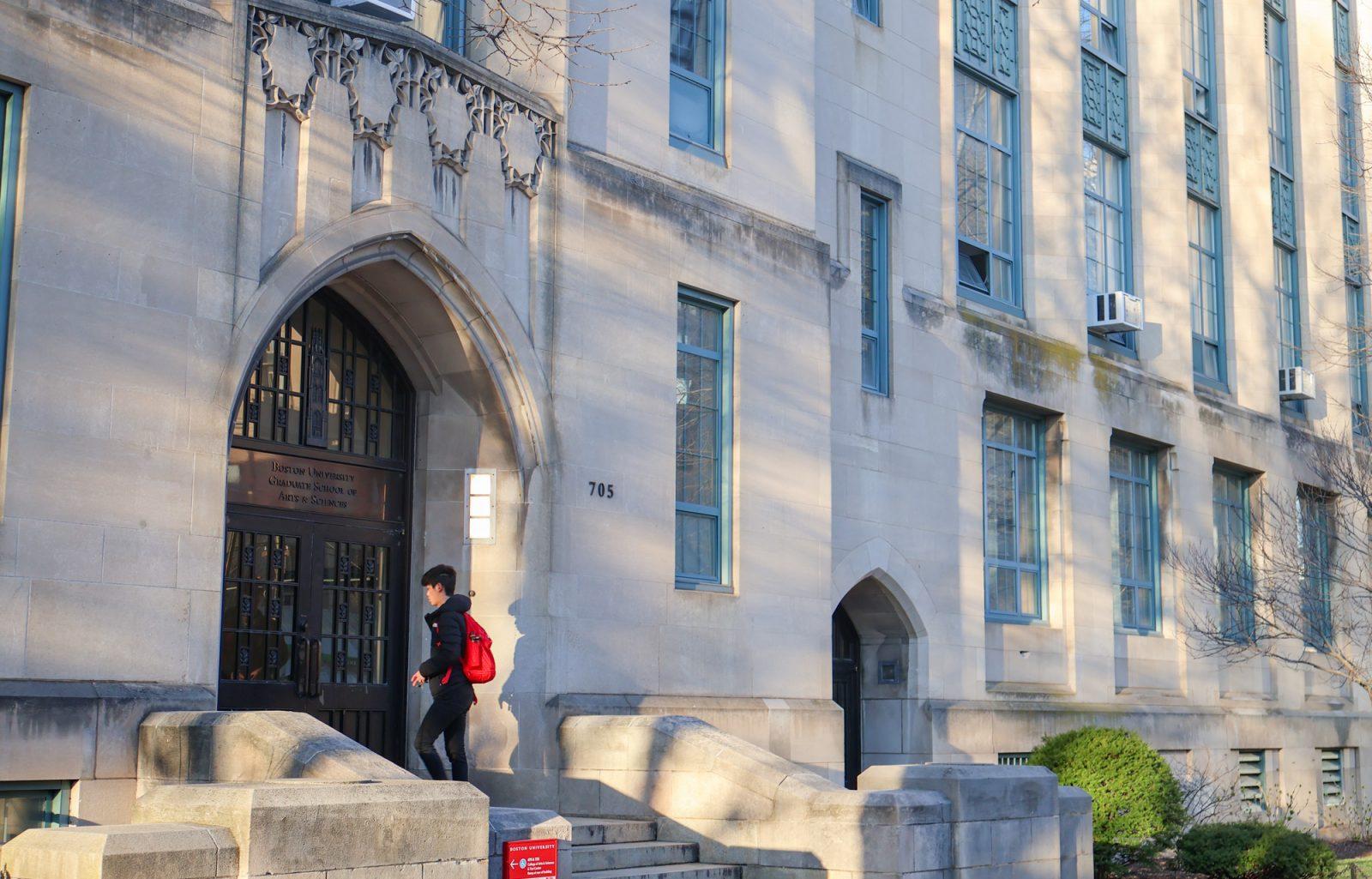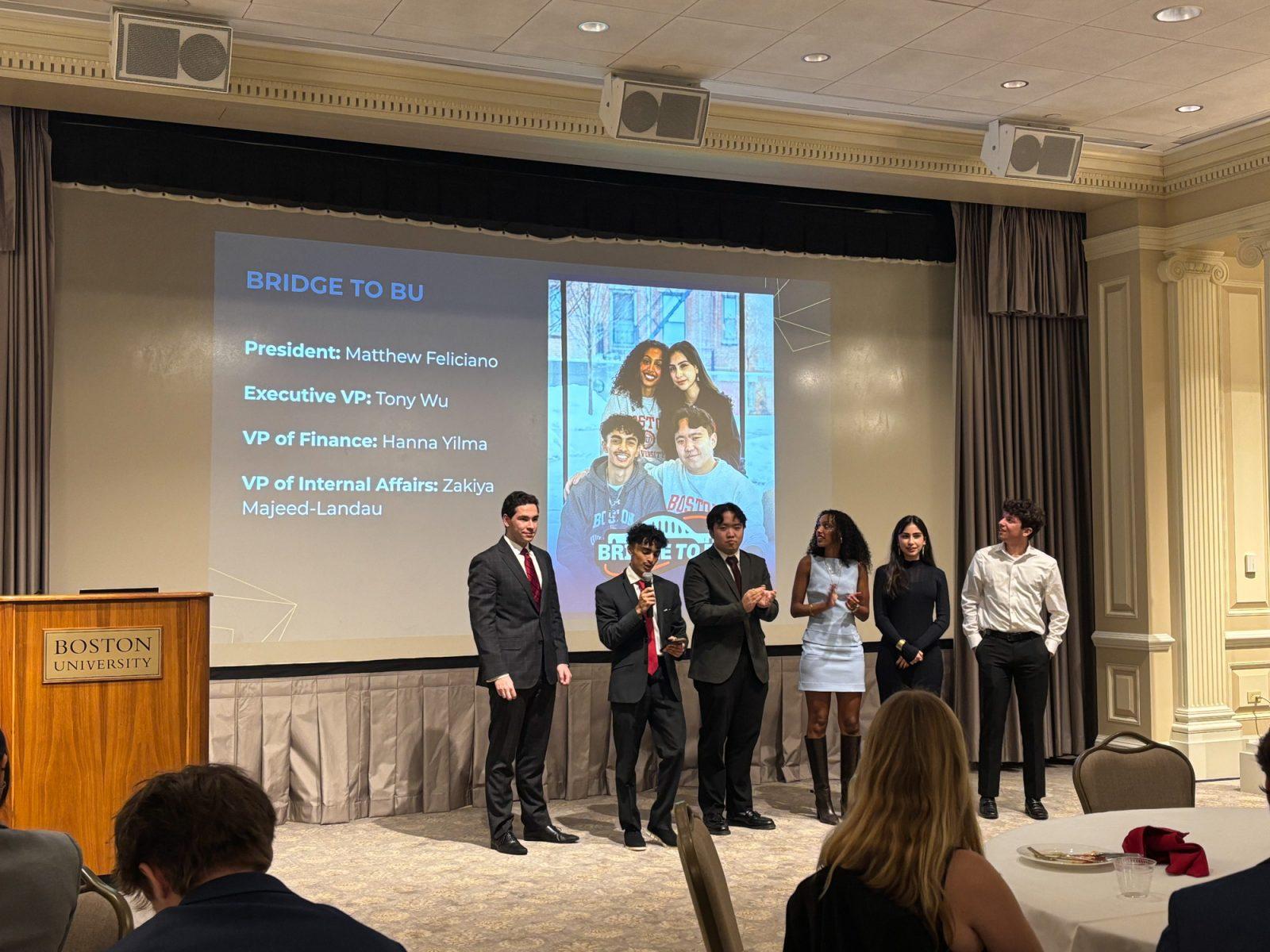Although Boston University Dining Services continue to offer more choices for those with specific dietary needs, some students said there is room still for improvement.
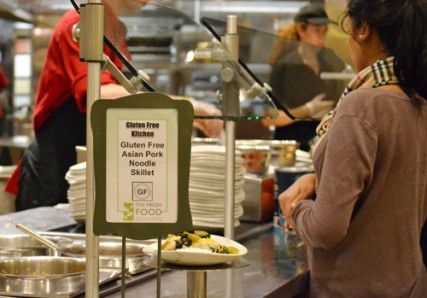
“I think they’re definitely trying, and it’s definitely been noticed that they are trying, but I still think there can be more done because I think more kids have allergies or sensitivities than maybe the school is aware of,” said Jana Levin, a junior in the College of Communication who is soy and gluten intolerant.
There are three residence dining rooms, a kosher dining room at the Florence and Chafetz Hillel House and multiple retail dining options. Halal meal programs are also available to students, according to the BU Dining Services website.
Manager of the Fresh Food Company at Marciano Commons Joseph Cacciatore said there are vegan and gluten-free stations at Marciano Commons, but they are looking into offering more gluten-free options.
“They’re working on the menu, and they’re always looking for input on how to make things better and what students like to see,” he said.
Gluten-free diets are necessary for individuals with celiac disease, about one out of every 133 Americans, according to the National Institute of Health at the University of Chicago Celiac Disease Center in March.
“A lot of my friends are gluten free, and they [the dining halls] don’t really offer too much for them,” said Joseph Trento, a senior in the College of Arts and Sciences. “They could definitely offer more,”
Levin said more could be done, but said dining is very helpful when a student specifically reaches out to them. She went as far as to speak to chefs at Marciano Commons about additional options such as keeping simple, gluten-free and low-allergy meals ready in a refrigerator for students with allergies.
“They are very adamant about trying,” Levin said. “It’s just they have 30,000 kids to feed, so it’s not that easy, but I do think that more needs to be done.”
Reva Scharf, a College of Engineering freshman who follows a kosher diet, said dining does a good job of catering to students’ needs.
“If somebody does want kosher food, then they can go to the Hillel House,” Scharf said. “There’s usually an option that doesn’t involve pork or mixing meat and dairy [in the dining halls] and there’s always a vegetarian option.”
Brielle Dojer, a CAS freshman, said she does not have any complaints about dining services as someone without a special diet.
“I don’t really pay attention specifically because I don’t have any [dietary needs], but it seems like there are a good variety of things for people who have specific needs,” she said. “You can easily find something to eat.”
Cacciatore said the chefs could make special meals for anyone with specific dietary needs.
“There’s an array of different choices and 12 different stations, so any dietary needs can be taken care of if they [the students] notify one of the managers,” he said.
Mariah Hallacy, a CAS freshman who is gluten intolerant, said there are always options at either Marciano Commons or The Fresh Food Company at West Campus. And beyond gluten-free cookies, she said she had no specific improvements she wants to see in the dining hall.
“There’s more [options] than I even used to have at home, so I think it’s really cool,” Hallacy said. “They’re [dining workers] super-sensitive and aware of it, which is pretty cool.”




